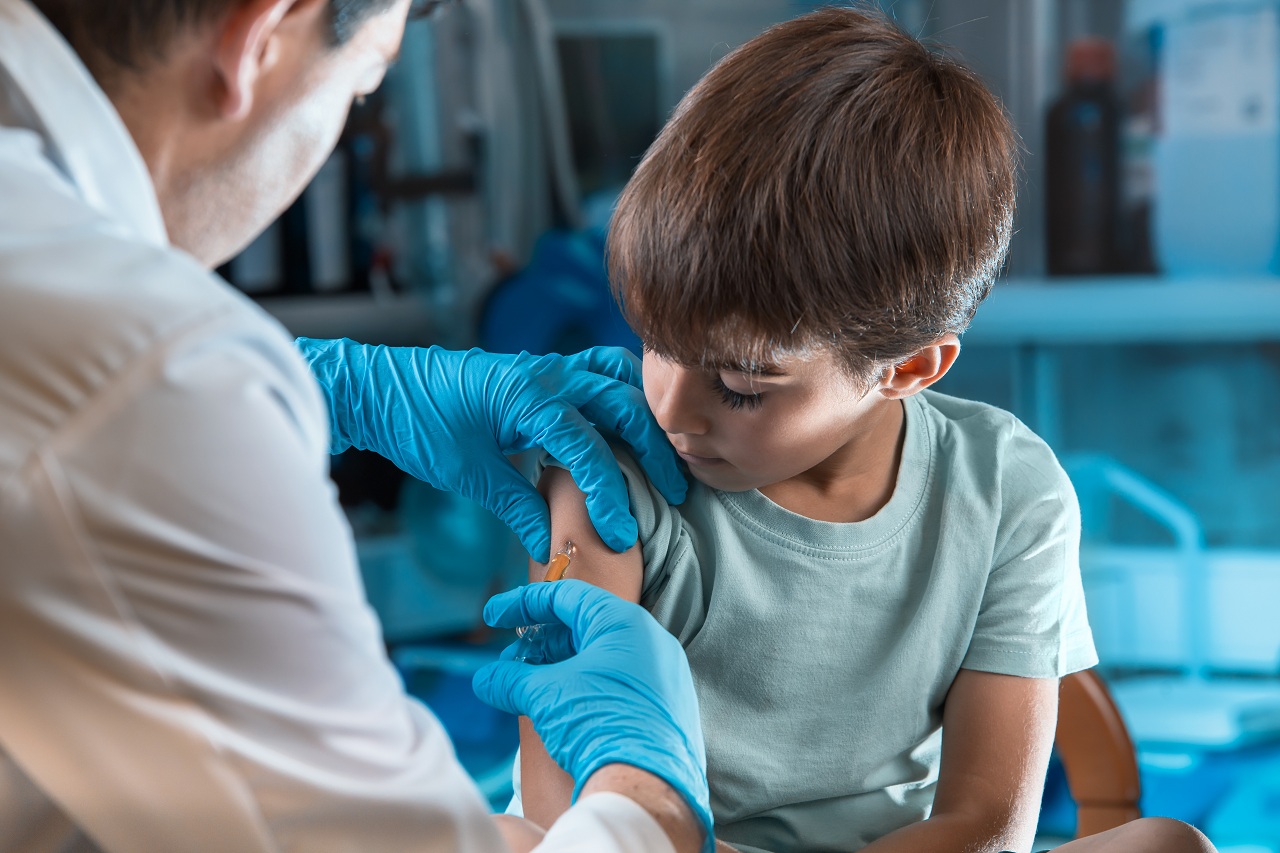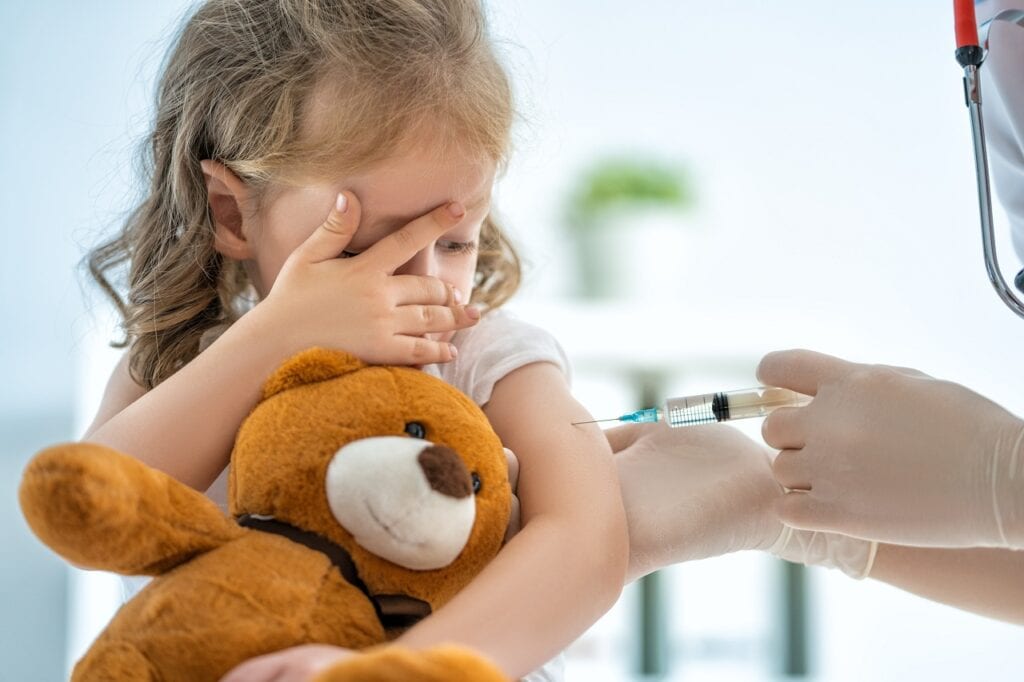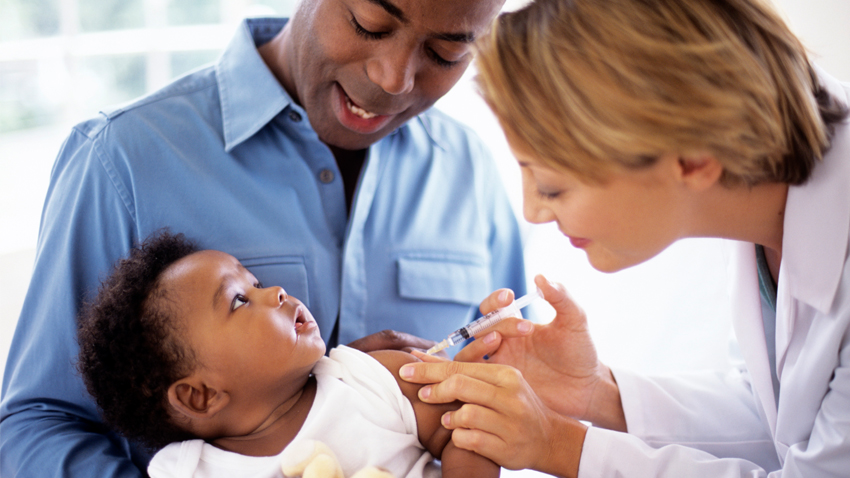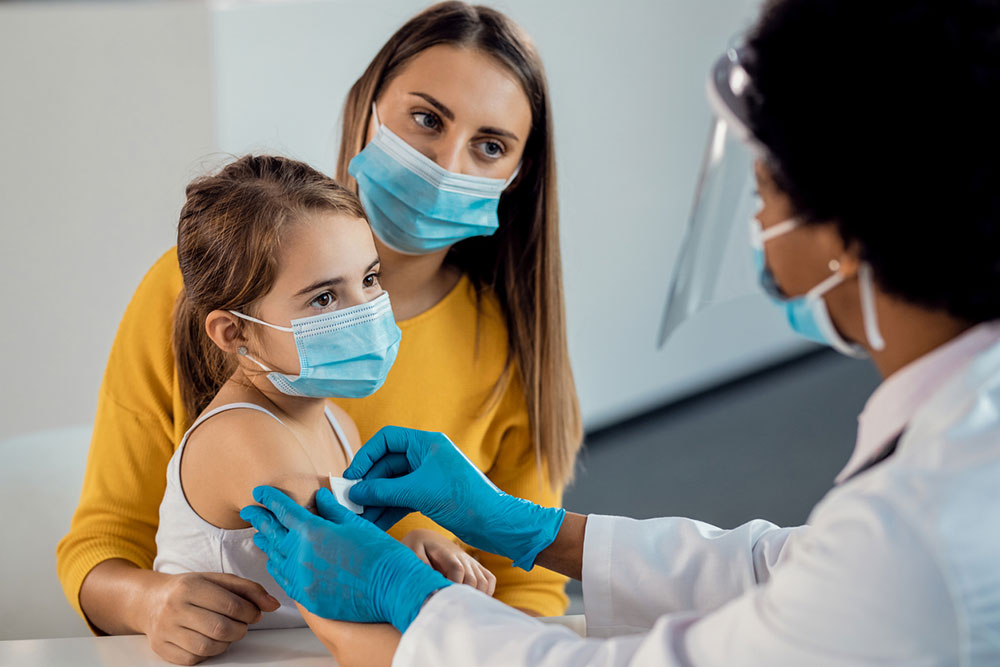5 Important Questions To Ask Before Vaccinating Children

As a parent, it’s normal to want the best for your children. For one, you want to give them that added layer of protection against so many diseases. Fortunately, today, people live in a much different scenario than it was many years back. There are now so many vaccines available that can prevent the spread of diseases that were once deadly—think of the Spanish flu, measles, and even diphtheria.
Hence, when a child’s pediatrician recommends a vaccine to their parents, it’s almost always likely that the parents are going to go for it. But, this also doesn’t mean that they won’t have any questions. It’s normal for parents to have about a million questions about almost everything and anything related to their children. At the very minimum, these questions can give parents that added peace of mind that their kids won’t suffer any vaccine-related injury, as identified by experts from www.vaccineinjuryhelpcenter.com/hib/.
So, if you’re a first-time parent, for instance, and your child needs to be vaccinated, here are some questions you may want to ask their pediatrician:
1. What Are Some Of The Vaccine-Preventable Diseases?

One of the most sensitive yet most important conversations that parents normally have with their children is on matters concerning diseases that can be prevented through vaccines.
Whether you’re meeting your child’s pediatrician physically or online, it’s important to start with understanding the diseases prevented by vaccines. Along that line, you may click here for more information on the merits of going for online consultations before the vaccine day itself.
Just like any other medicine or drug, a vaccine may also have some side effects. Fortunately, many of these happen only rarely, and if they do, they’re usually not that severe. But, parents need to focus on the benefits of vaccines, and how these are a worth the expense.
So, you may ask, “What are some of the vaccine-preventable diseases that my child can have?” Such may include:
- Measles. This refers to that highly-contagious viral infection that usually affects the lungs, heart, and the entire respiratory system, in general.
- Flu. This is another viral infection affecting the nose, lungs, and throat that can, unfortunately, have dire consequences among those suffering from asthma or diabetes.
- Pneumococcal disease. This is a type of bacterial disease that results in many underlying illnesses, such as meningitis, as well as ear and blood infections.
- Meningococcal disease. This is a bacterial infection that can cause an infection and swelling of the spinal cord and, possibly, the brain, known as meningitis.
- Mumps. This disease is brought forth by a virus that results in the swelling of the salivary glands, accompanied by muscle aches, a fever, and headache.
2. What Do Vaccines Do?
Next, there’s also that question regarding what vaccines really do, such as if they’re really effective in protecting children from certain diseases. Parents will normally ask about this to make them fully understand the extent of the effects of vaccines.
A vaccine helps prepare the body to fight off a particular disease. Each vaccine contains a dead or a weakened version of a certain virus. Hence, you’ll know that a vaccine is working for you when you begin to experience some common symptoms of the disease from which you’re protecting your body.
For instance, for a flu vaccine, it’s normal for children to experience low-grade fever within the first 24 hours after getting the vaccine.
If you’re interested to learn in detail how vaccines work and its impact on immunization, you may visit this website.
3. Does My Child Need All Of The Recommended Vaccines?

For the safety of your children, it’d be best that they have all the recommended vaccines. Doctors suggest that these recommended vaccines must be injected on time. That way, these vaccines can also be spaced out accordingly to prevent adverse reactions.
Particularly when your children start school, that’s a big arena of exposure in the classroom. Children who haven’t been vaccinated become carriers of communicable diseases. You wouldn’t want your child to fall victim to these, as well as the one responsible for the spread of these diseases.
4. Will The Immune System Be Weaker Because Of Being Reliant On A Vaccine?
Now, here’s another common misconception—the immune system becomes weaker simply because it’s become reliant on a vaccine.
There’s that belief that the immune system can no longer fight diseases on its own because it’s already the sole responsibility of the antibodies brought forth by the vaccines—false. The vaccine will never weaken your child’s immune system. In fact, the reverse is true. A vaccine will strengthen your immune system through the antibodies coming from the vaccines.
5. Why Does My Child Need The Vaccines If None In My Family Has Been Exposed?

For instance, no member of your family has had chickenpox or measles so far. But, remember that your kids aren’t going to be with you 24/7, perhaps, during their first few years of life. Time will eventually come for you to send them off to kinder, and in doing so, you’ll already be exposing them every single day to the ‘great big world.’
Your child will always need the recommended vaccines. The bottom line is if it they’re not, at all, needed, they won’t be recommended by trusted health experts that spent years studying and doing trials on vaccines.
If people will believe that vaccines aren’t needed because the exposure is no longer there, then the herd immunity that took years to be created and achieved through vaccines will just be broken.
Conclusion
With this list of questions, now you can be more confident and better prepared for when your children will be vaccinated. You don’t have to fear vaccines. In most cases, they’re harmless. The key is for you, as a parent, to be cooperative with your children’s doctors. They know what they’re doing, and for as long as you do your part, too, then your child will stay safe.
Remember that your doctors will also ask you questions, such as if your child is currently sick or is completely healthy. It’s also a must to answer these queries as truthfully as you can. Most importantly, at the end of the day, what matters most is you’re having your kids’ vaccinations done only by trusted doctors and medical institutions.




